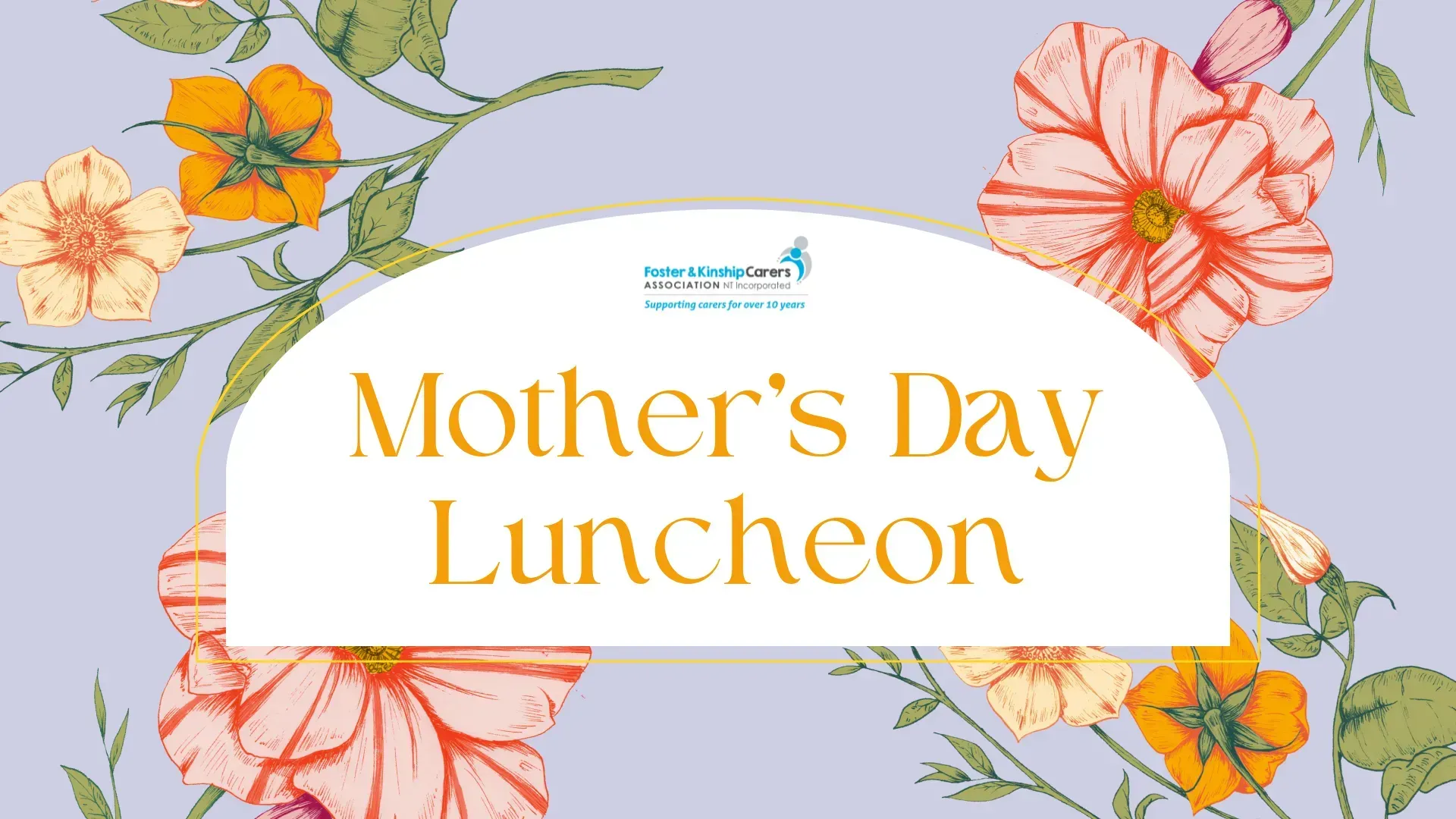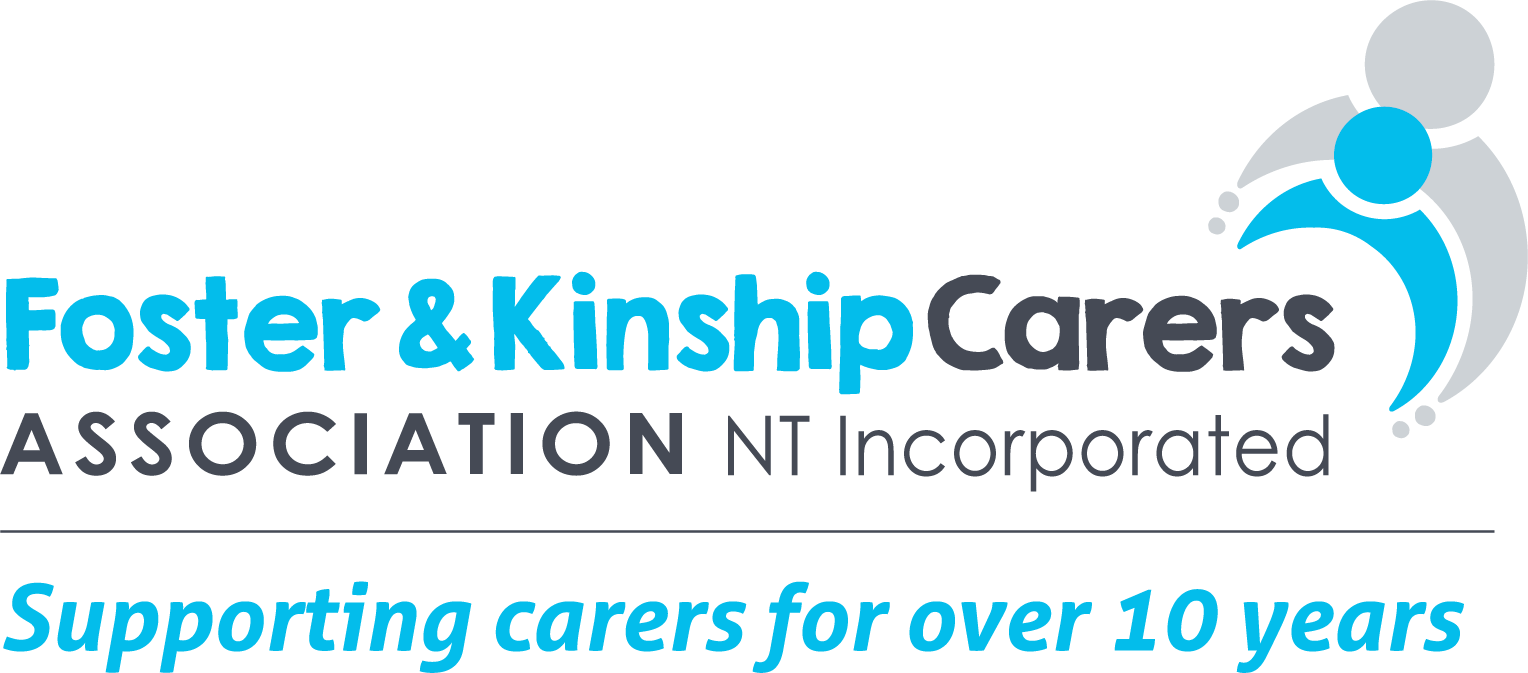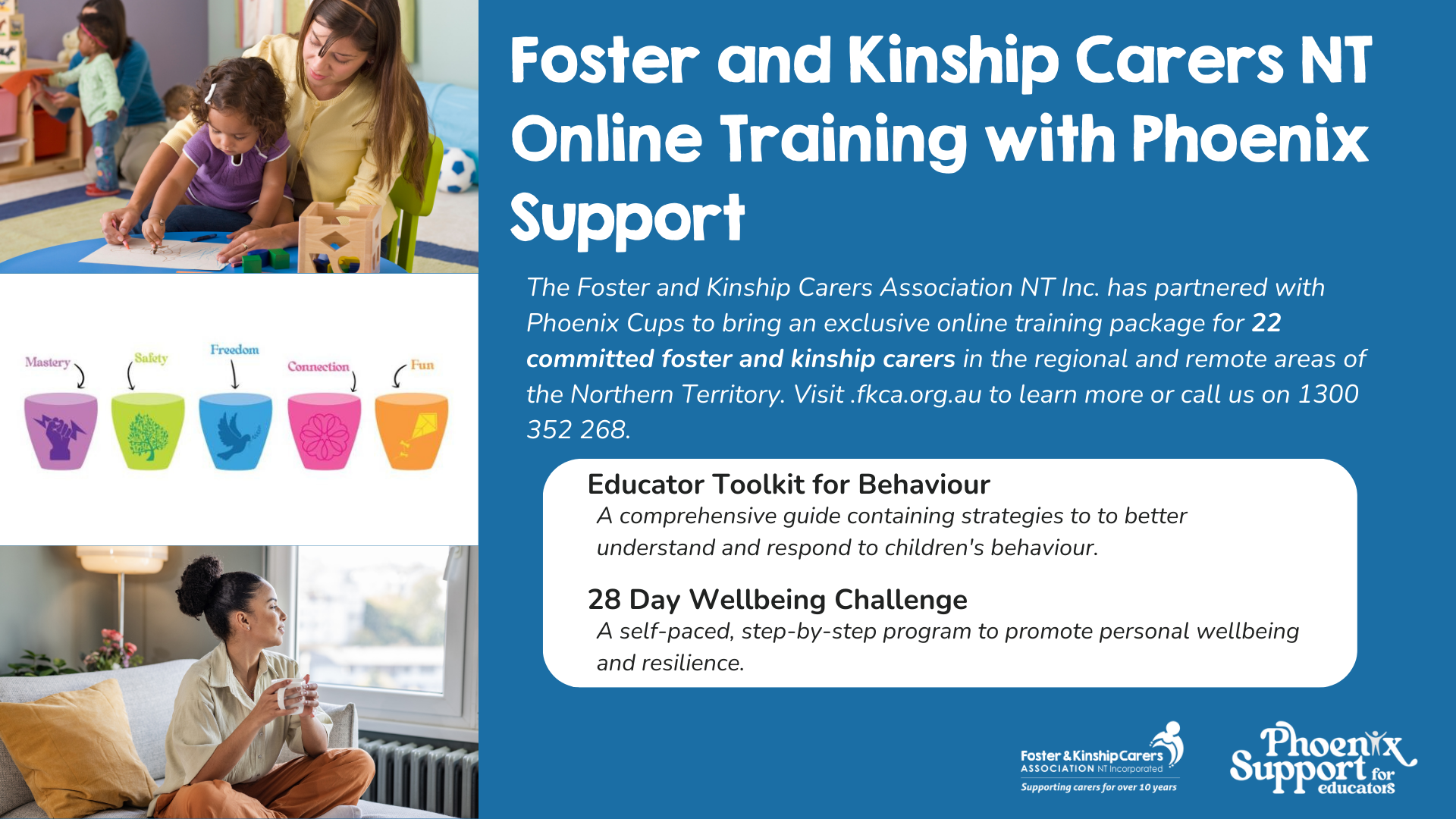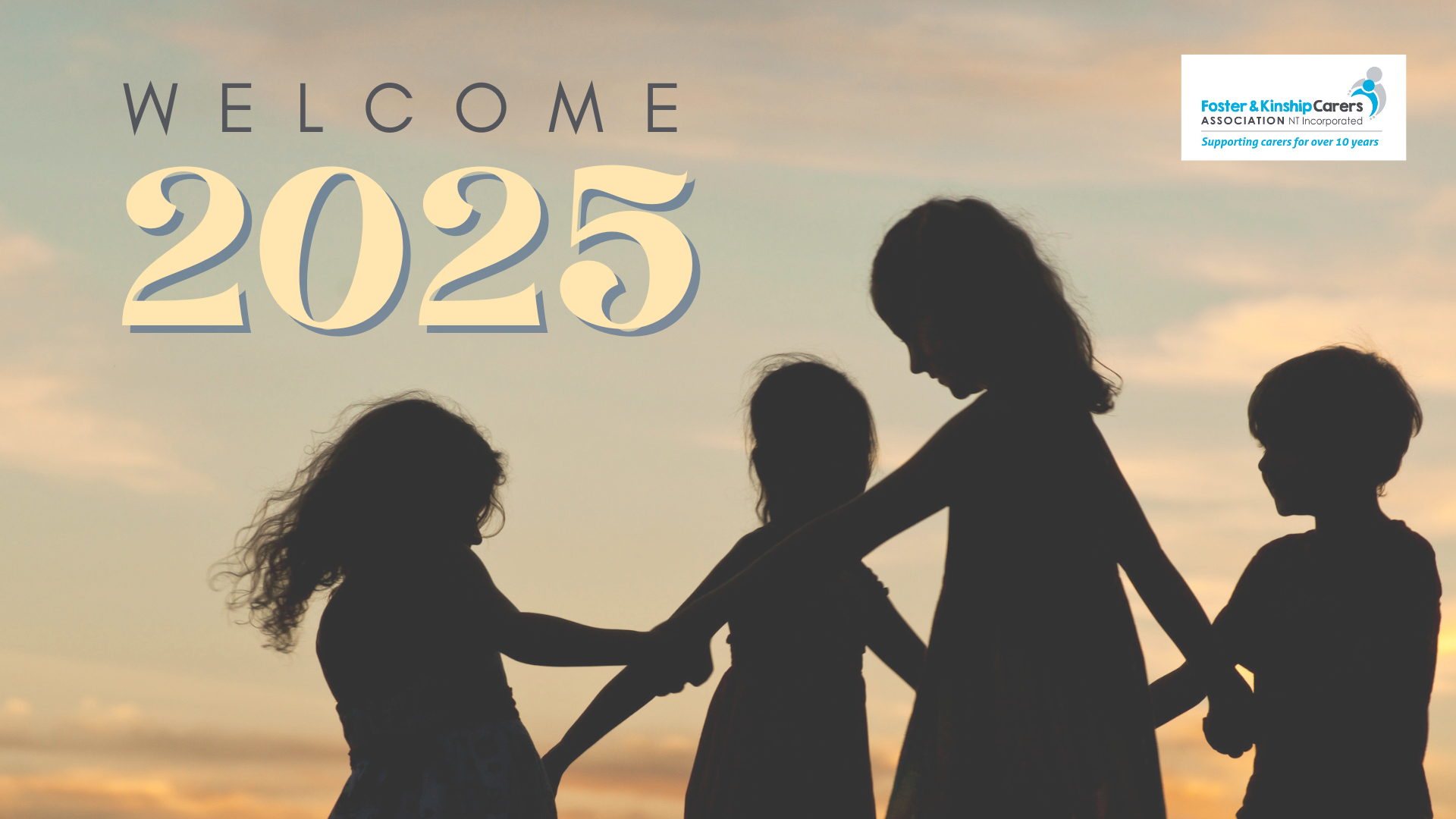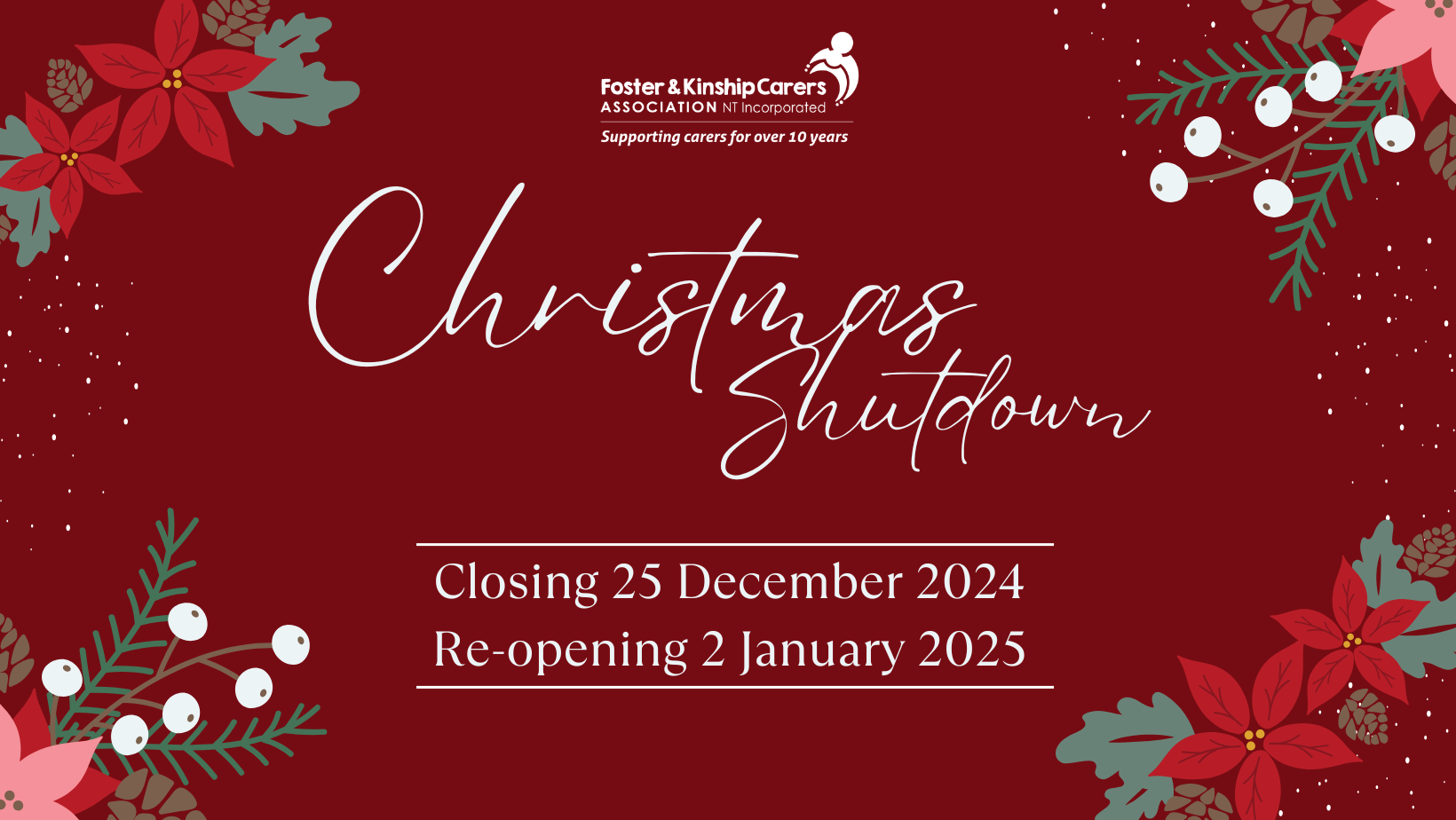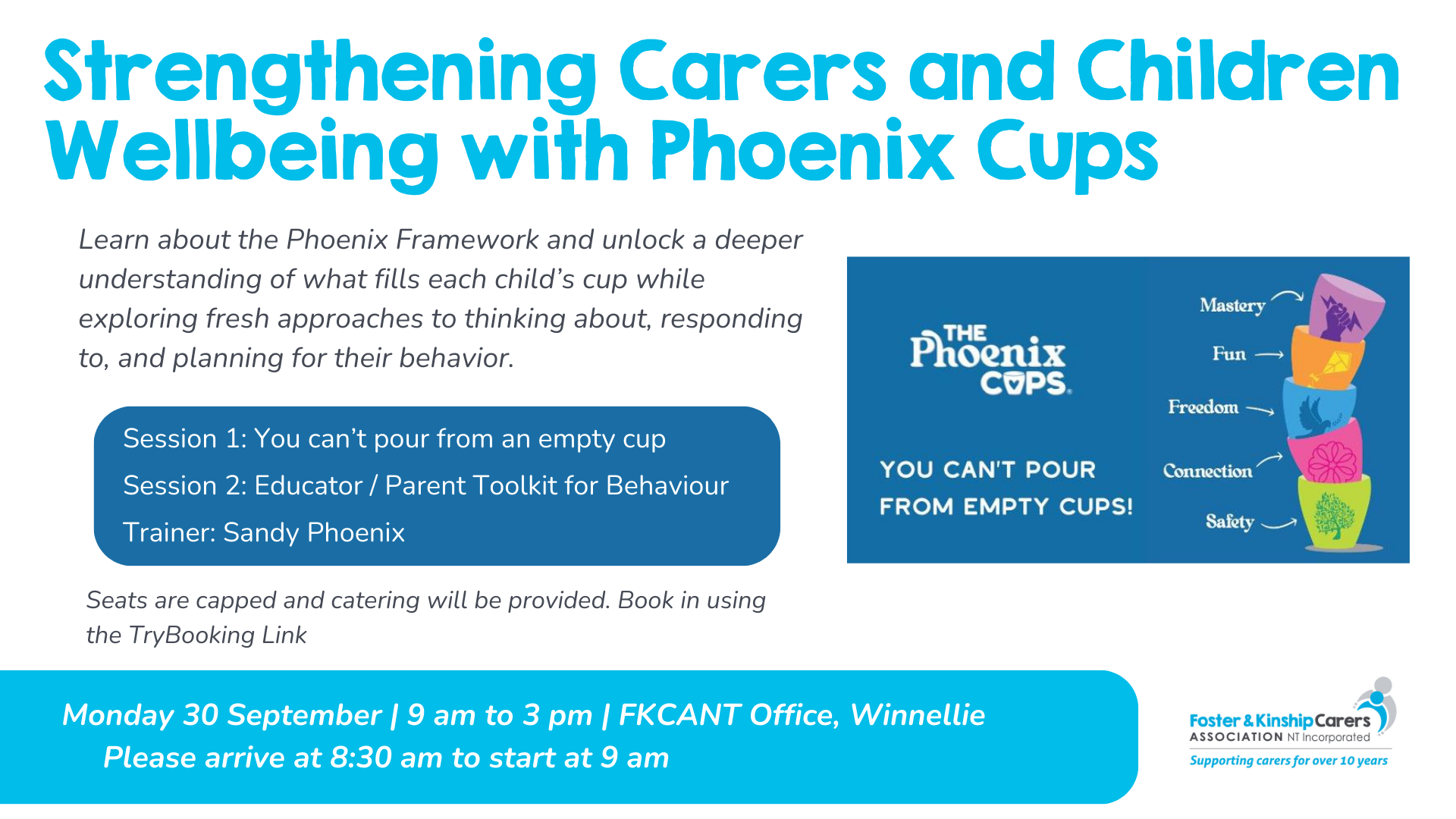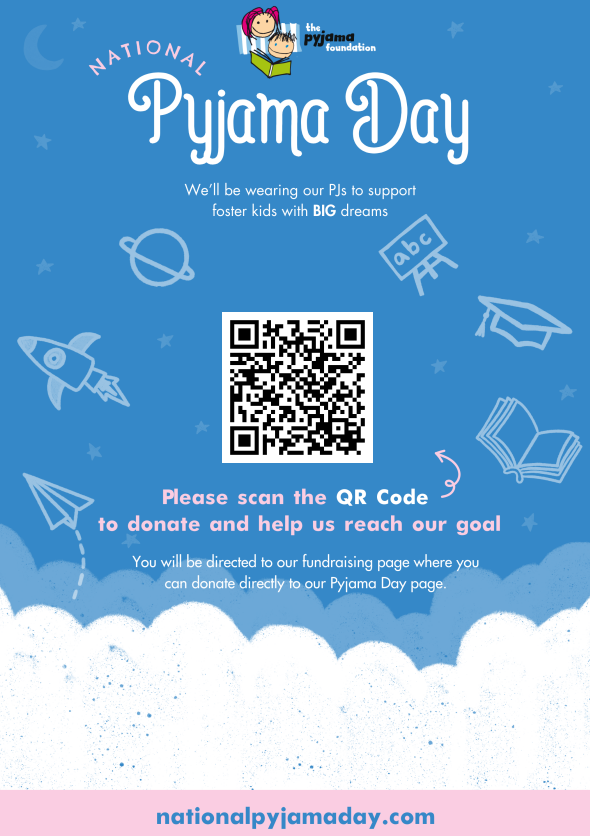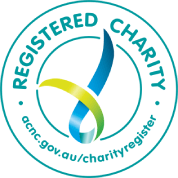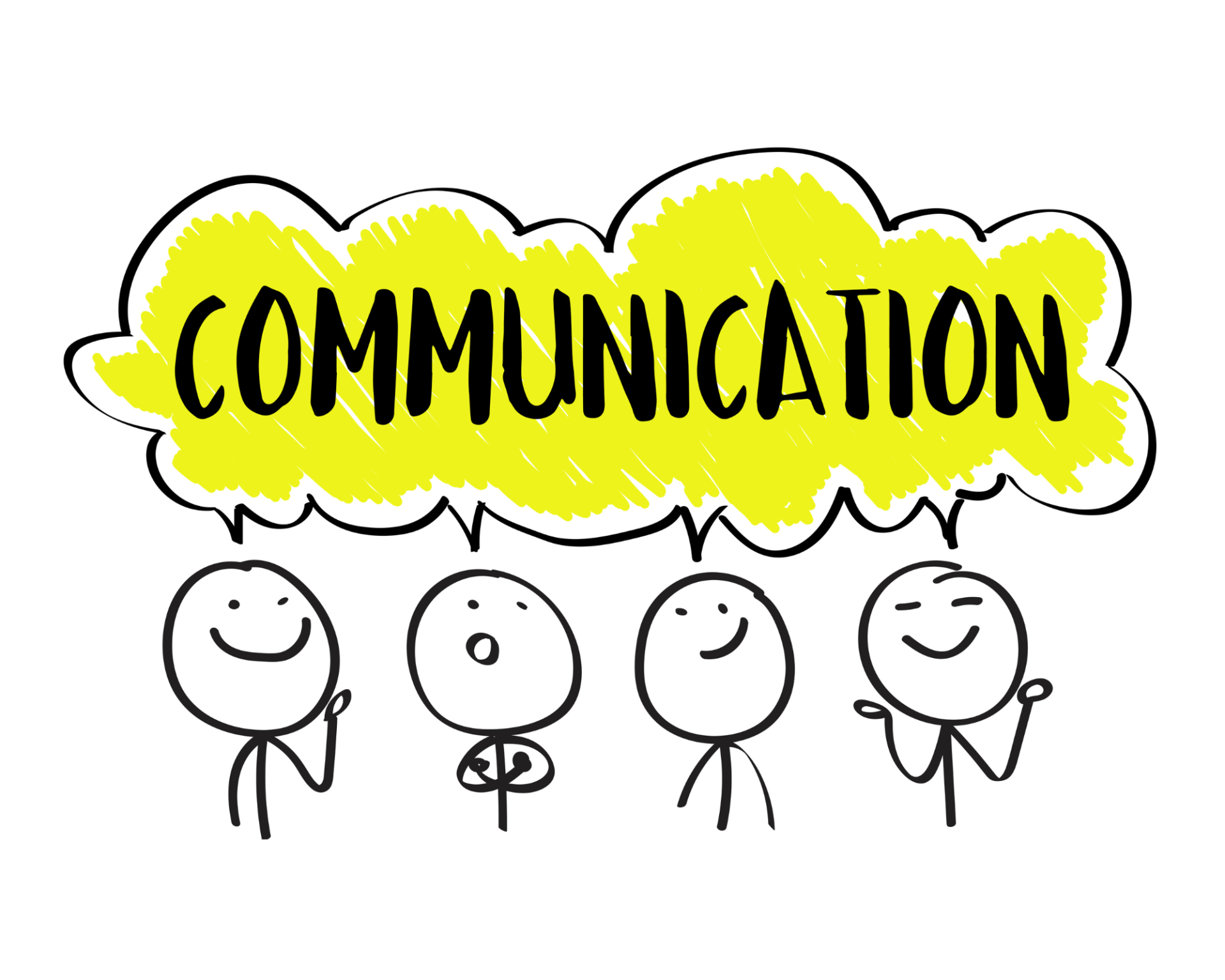
Every family is unique. Some families are loud and boisterous, with everyone fighting to get a word in edgewise, while others are more private and reserved. Every family has its own way of communicating, and that communication style is an integral part of building healthy relationships, as well as individual self-esteem. Effective communication within a family can strengthen relationships in good times and repair relationships in trying times.
Communication can be defined as a way to share information, ideas and emotions between people. Communication requires a minimum of two people; someone to send a message, and someone to receive it. Communication is considered effective when the messages sent, verbally and/or non-verbally, are received and correctly interpreted. Our ability to effectively send, receive and interpret messages begins developing from birth. For example, at one-month-old an infant can notice and perceive facial features, and by three months of age can discriminate between smiles and frowns (1). Our relational experiences during these early exchanges influence our neurological development. According to the Harvard Center on the Developing Child, when an infant sends a message, such as babbling or crying, and an adult responds appropriately, with eye contact or cuddles, healthy neurological connections are built within the brain. Repeated, appropriate exchanges strengthen the infant’s neurological connections.
When children do not experience appropriate, responsive relationships early in life, their ability to effectively communicate can be significantly compromised. Generally, our ability to send, receive and interpret messages begins within our family context. The way we communicate within our families can influence all of our relationships and the way we interact with the outside world.
Many children who enter the foster care system have difficulty expressing themselves, the messages they send do not always clearly convey their intended meaning. Similarly, these children may also struggle to receive and accurately interpret messages. Effectively communicating with these children can be challenging but is extremely important as it can help facilitate healing, develop attachment and create a sense of belonging. In fact, recent research that suggests that children who feel able to share their feelings with their families are more likely to develop resilience (2).
Developing effective communication within foster families can be particularly challenging as some children may have had little opportunity to develop healthy communication skills while others may have learned unhealthy communication skills.
1 – Understand that many children have not learned healthy communication from a very early age. Research has demonstrated that the experience of maltreatment can alter children’s interpretation of facial expressions (3). This can cause them to react defensively to a neutral face as though it was angry, with observers thinking the child is over-reacting. For example, I’ve seen a young person snap “What?” when they walked into a room where someone turned to look at them. Helping children to learn to recognise and interpret facial expressions correctly can help to reduce this misinterpretation. This can be achieved using facial expression flash cards which can be ordered online or making a game out of pulling faces at one another, there are many examples of such games on YouTube
2 – Be present when communicating and be an active listener. There are so many distractions for families these days. Schedules are busy, technology can be interfering, and the need to multi-task can often distract parents when children are trying to communicate. Make an effort to give your children your undivided attention when they are communicating with you. Once the children are finished talking, practice paraphrasing what said and repeat it back to ensure you have understood, this will help avoid miscommunication and help the children feel valued.
3 – Create opportunities to practice communication. Family meals are a wonderful opportunity to for adults to model and children to practice communication skills. Scheduling these regularly can contribute to a sense of safety and stability. Planning activities to guide the conversation during meals can also make them fun, and facilitate attachment. ‘Would you rather’ is an easy conversational game that offers children a choice between two things. For example; “Would you rather be a chicken or a rabbit?” Once the children make a choice, encourage them to provide a reason. This provides interesting insights to individual children and can often result in lots of laughs! There are many sample questions available online or you can make your own up.
4 – Attack the problem, not each other. No family is perfect, disagreements happen from time to time. The way you communicate with your spouse, your own parents and siblings as well as other children in the house will be scrutinised by children, particularly when there are disagreements. Ensure you model discussions that focus on the problem, not the people involved. For example,
5 – Model good communication both inside and outside the family. Whether it be a school teacher, a health care professional, the children’s social worker, an employee at the local grocery store, or another driver on the road, be mindful that the children in your care are watching how you interact with others. When possible, use these interactions as a source of reflection with older children, pointing out what components are good and/or poor communication and brainstorming ways to improve future interactions. If you are the one who is not being a good communicator, own up to it. For example, if you are preoccupied with your smart phone when a child is telling you about their day, stop and acknowledge it. Tell the child, “I’m sorry. I was supposed to be listening to you, but I let myself get distracted and I wasn’t paying attention. Please, try again and tell me about your day, because I really do want to listen.”
Developing good communication within families can take time, but is worth the effort. Families with healthy communication develop trust and form strong connections with one another. This creates an atmosphere of safety and a sense of security, which makes all members of the family feel valued and loved.
(1) Sauter, D. A. (2017). The nonverbal communication of positive emotions: An emotion family approach. Emotion Review, 9(3), 222-234.
(2) Bethell, C., Jones, J., Gombojav, N., Linkenbach, J., & Sege, R. (2019). Positive childhood experiences and adult mental and relational health in a statewide sample: Associations across adverse childhood experiences levels. JAMA pediatrics, 173(11), e193007-e193007.
(3) Pfaltz, M. C., Passardi, S., Auschra, B., Fares-Otero, N. E., Schnyder, U., & Peyk, P. (2019). Are you angry at me? Negative interpretations of neutral facial expressions are linked to child maltreatment but not to posttraumatic stress disorder. European journal of psychotraumatology, 10(1), 1682929.
This article was written and authorised for use by our guest blogger Dr Stacy Blythe and originally appeared in Foster Families Today
Share this post online:
See More News

